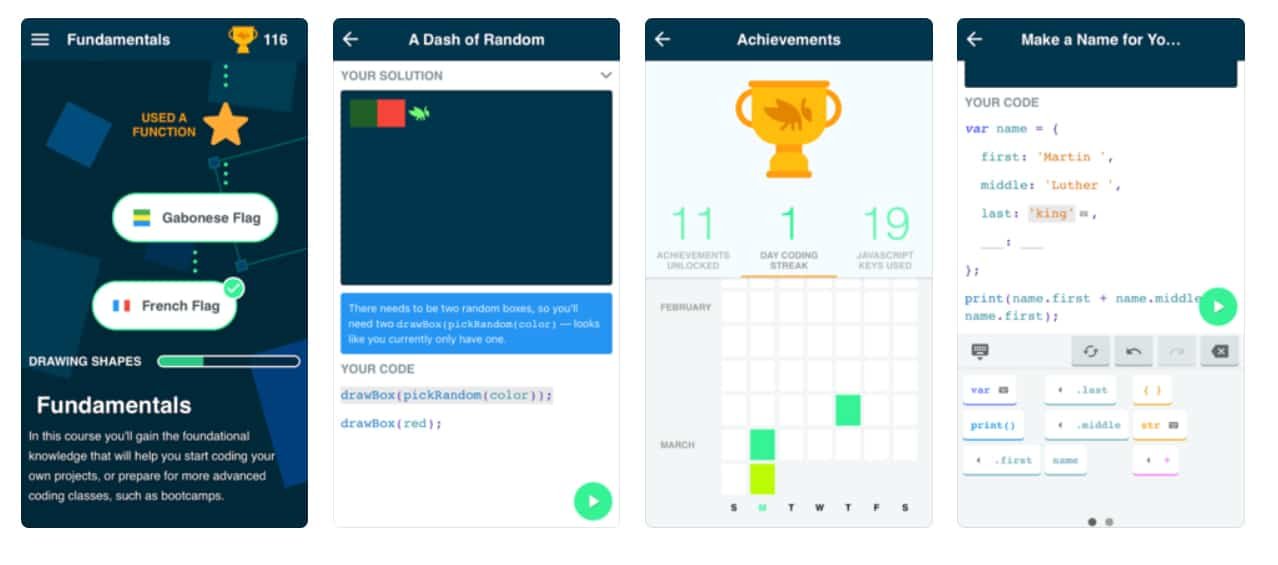Key Aspects of Code Obfuscation
Code obfuscation is a process used to modify source code in a way that makes it harder to understand or reverse engineer, while still maintaining its functionality. Developers employ code obfuscation techniques to protect their software from unauthorized access, tampering, and reverse engineering. Let’s explore some key aspects of code obfuscation:
Remove Superfluous Data
The first step in code hardening is to eliminate unnecessary elements from your code. This includes removing redundant functions, debugging information, and metadata. By streamlining your codebase, you reduce the attack surface and make it more challenging for attackers to find vulnerabilities.
String Encryption
Encrypting strings within your code can make it difficult for attackers to extract sensitive information. By converting strings into an encoded format, you enhance security without altering the program’s behaviour.
Process Order Obfuscation
Rearrange the order of instructions or functions in your code. This can confuse reverse engineers and disrupt their understanding of the program’s logic.
Memory Randomization
Randomize memory addresses or data structures used by your program. This prevents attackers from predicting memory layouts and exploiting vulnerabilities.
Naming Obfuscation
Rename variables, functions, and classes in a way that doesn’t reveal their purpose. Meaningless or deceptive names make it harder for attackers to decipher the code.
Control Flow Obfuscation
Alter the control flow of your program by introducing conditional jumps, loops, or other constructs. This confuses static analysis tools and makes it challenging to follow the program’s execution path.
Remember that while code obfuscation enhances security, it may also increase execution time and overhead. Striking the right balance between protection and performance is crucial for real-world applications.

